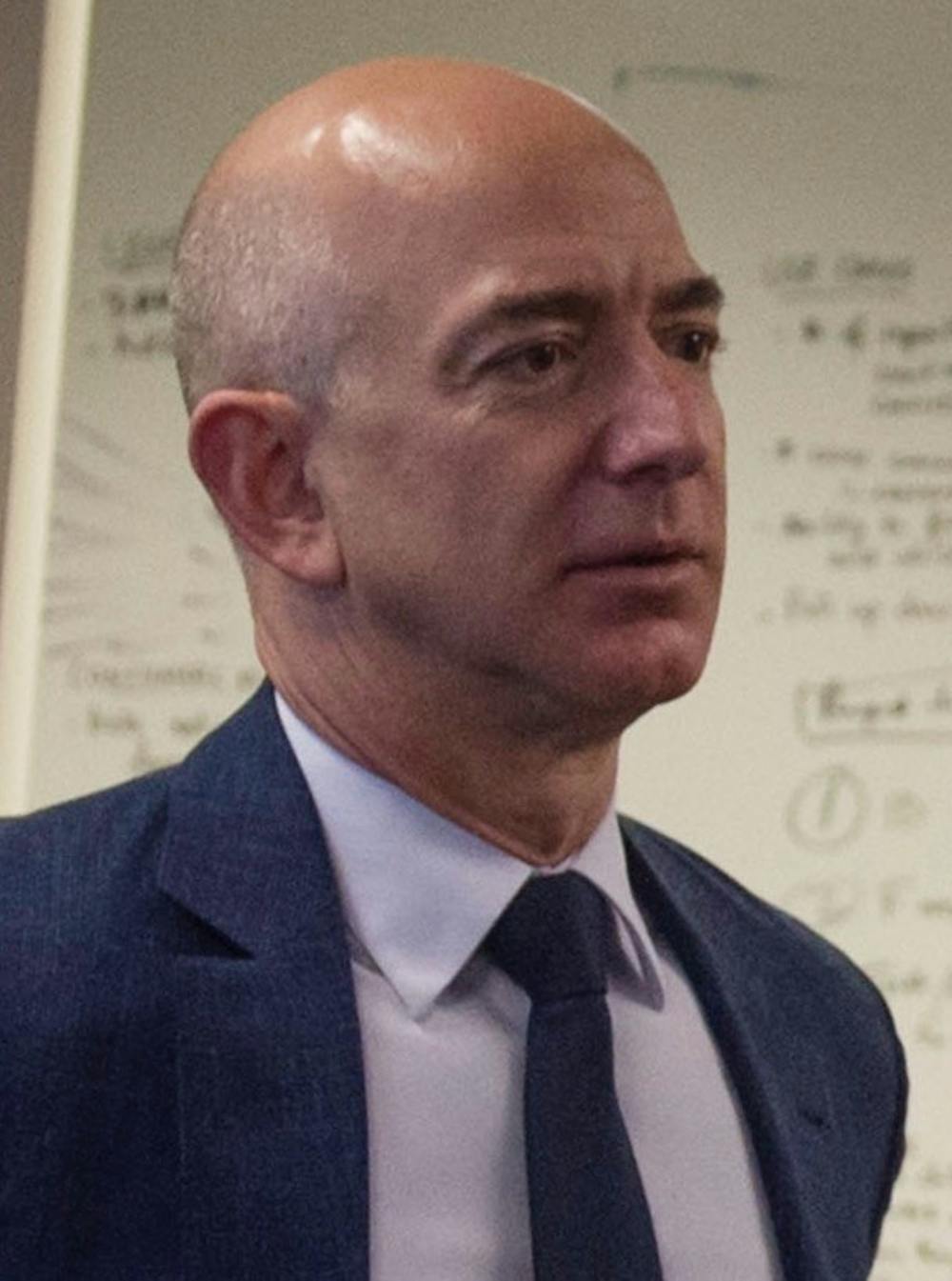On Monday, Amazon CEO Jeff Bezos ’86 announced that he will donate 10 billion dollars in an effort to combat climate change. Properly identified as an especially abusive employer, according to reports by Amazon workers, Bezos now seeks to turn over a new leaf, or at least to take on the appearance of redemption and rehabilitation. We should, however, regard Bezos’s shallow attempts at building a shiny public profile with both apprehension and contempt. In making this pledge, Bezos claims that climate change is the biggest threat to the future of humanity. In reality, it is the capitalist system, responsible for Bezos’s financial clout, that represents the overriding obstacle to human well-being.
From the outset, there exists the inevitable pretense that, in this and other such grand performances, people like Bezos are engaged in some unquestionably noble, infinitely generous ritual of self-sacrifice. Nothing could be further from the truth; making a sacrifice necessitates losing something of substance. To Bezos, though, 10 billion dollars is a drop in the bucket: having only over 100 billion dollars left is far from a self-imposed financial burden. Rather, Bezos is able to take in an obligatory and misguided influx of public affection, while suffering effectively none of the material setbacks associated with personal compromise and virtuous living. How is it, though, that the boundless egotism of the world’s wealthiest man-child, obsessed with praise, is matched so exquisitely by a culture willing to heap such praise upon him?
To answer this question, one must first examine the element of proportionality. Without an understanding of how much Bezos will have left after such an astounding donation, how can we be expected to respond with anything other than awestruck gratitude at this exhibition of moral clarity, embodied in the most giving of us all? Even acknowledging this proportionality, however, is insufficient to counter the cultural compulsion to worship at the feet of our giving elite. There is no doubt, therefore, that the most reliable propagators of this strain of collective prostration will be in full-throated support of Bezos, no matter the context of his wealth and status as an otherwise exploitative aristocrat.
But why attack Bezos in particular? Should we not encourage positive behavior in people with such great influence over the planet's future? Well, to be frank, no. Pandering to the egos of the most privileged among us is not a viable strategy for worldwide well-being. Even if we are to assume that Bezos personally decides the eventual fate of our species, what does it say about him that we feel compelled to withhold criticism of him for fear that he might make the opposing choice out of spite alone? It is worth remembering, after all, that he controls the specific flow of the money he is giving; which scientists, activists, and so forth will be advanced with his all-powerful financial backing? And are we willing to outsource the primary determinants of our future to the dictates of one man, whose commitment to the enterprise is ostensibly conditioned on our compliance and politeness?
To be fair to Bezos, he himself does not articulate the ultimatum that is implied by the reception his announcement is likely to receive. Rather, he suggests that we’re all in this together, and that he’s only doing his part to ensure our long-term survival. And while it is certainly possible that someone funded by Bezos will conduct useful research on the climate crisis, the emphasis on this possibility neglects the reality of opportunity cost, which is to say that if resources were otherwise distributed, one man’s claim to the future would be credible to no one.
Bezos indicates that this is a planet for all of us, but this glosses over the class distinctions that must take center stage when addressing any political question. Bezos will be the last to feel the effects of climate change, and it is a system which offers him untold resources — and others so little — that allows him to posture as a guardian, practically as though sent from the stars themselves. His assertion that climate change is the greatest threat to humankind is contradicted by his very social position. It is capitalism, and not environmental degradation, that has created the situation in which his illusory heroics seem reputable and venerable. Collective crises require collective solutions, rather than the appropriation of agency, responsibility, and credit by so narrow a source as a well-funded, and often ill-advised, financial titan.
Braden Flax is a junior from Merrick, N.Y. He can be reached at bflax@princeton.edu.








